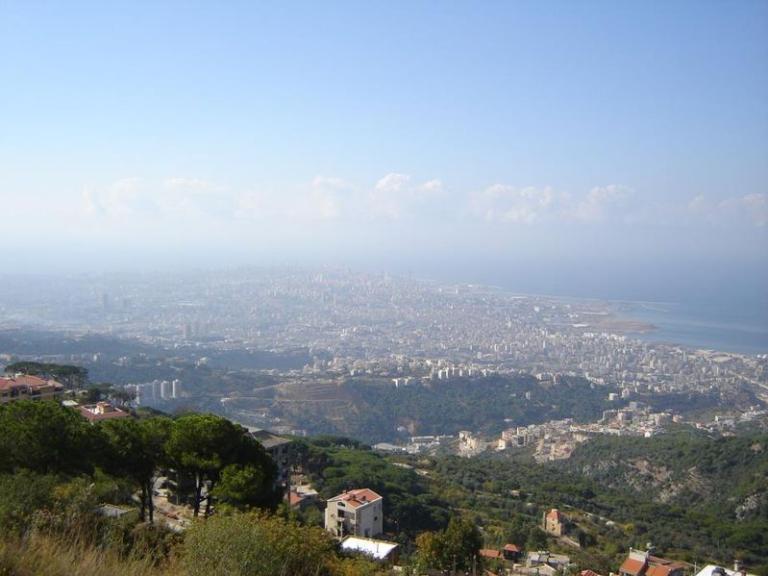
In the next era of Church history in the Levant:
President Booth’s sudden death did not end missionary work in the Near East. No new mission president was called until 1933, however, when an Armenian by the name of Badwagon Piranian was appointed to preside over what would now be called the Palestine-Syrian Mission. He rented a new mission home, at 25 Garden Street in Haifa, and immediately went to work. Unfortunately, a substantial portion of the work that he had to do involved cleansing the portion of the Church that was under his charge. Following directions from Elder Widtsoe, President Piranian began an attempt to wean the members from dependence on Church welfare and the dole, to which many had become addicted during the troubled times of the 1920s. Such assistance had helped them greatly and in some cases had perhaps even saved their lives. But it had now become an obstacle to the development of their own character and self-reliance. Nearly a hundred of the never-very-numerous Near Eastern Saints were excommunicated, many at their own request, and a number of them chose to move to the Soviet Union, hoping to live in the new earthly utopia promised by communism. It was a depressing and difficult experience for the missionaries.
In many respects, things grew even worse for President Piranian’s successor. Joseph Jacobs, a Salt Lake City school teacher, was called to preside over the Palestine-Syrian Mission in August 1937. This was a time of mounting violence by Arabs against Jews and by Jews against Arabs. He was spared some of this, as he spent his first two years working in peaceful Beirut. However, during a visit to Jerusalem in the summer of 1939 he intended to survey conditions for missionary work there and learned that a bomb had gone off in Haifa and had killed seventeen Arabs and wounded many more. In Jerusalem, the streets were funereal and nearly deserted. Tension was everywhere. The day after his arrival in the city, an Arab coffee shop was destroyed by a bomb, which left two dead and a number of others wounded. As one local man explained the situation to him, “Jerusalem is a holy city with unholy people living in it.” Not surprisingly, President Jacobs decided that the time was not right for opening missionary work in Jerusalem.
Unfortunately, conditions were hardly ideal anywhere. It was, after all, 1939. Hitler and Nazi Germany were moving the world toward a brutal war. On 1 September 1939, German forces invaded Poland. On 17 September, Soviet forces attacked that same unfortunate country from the east. The war had begun. Not long after his return to Beirut, President Jacobs was withdrawn to the United States and the Palestine-Syrian Mission was closed.
Posted from Richmond, Virginia














